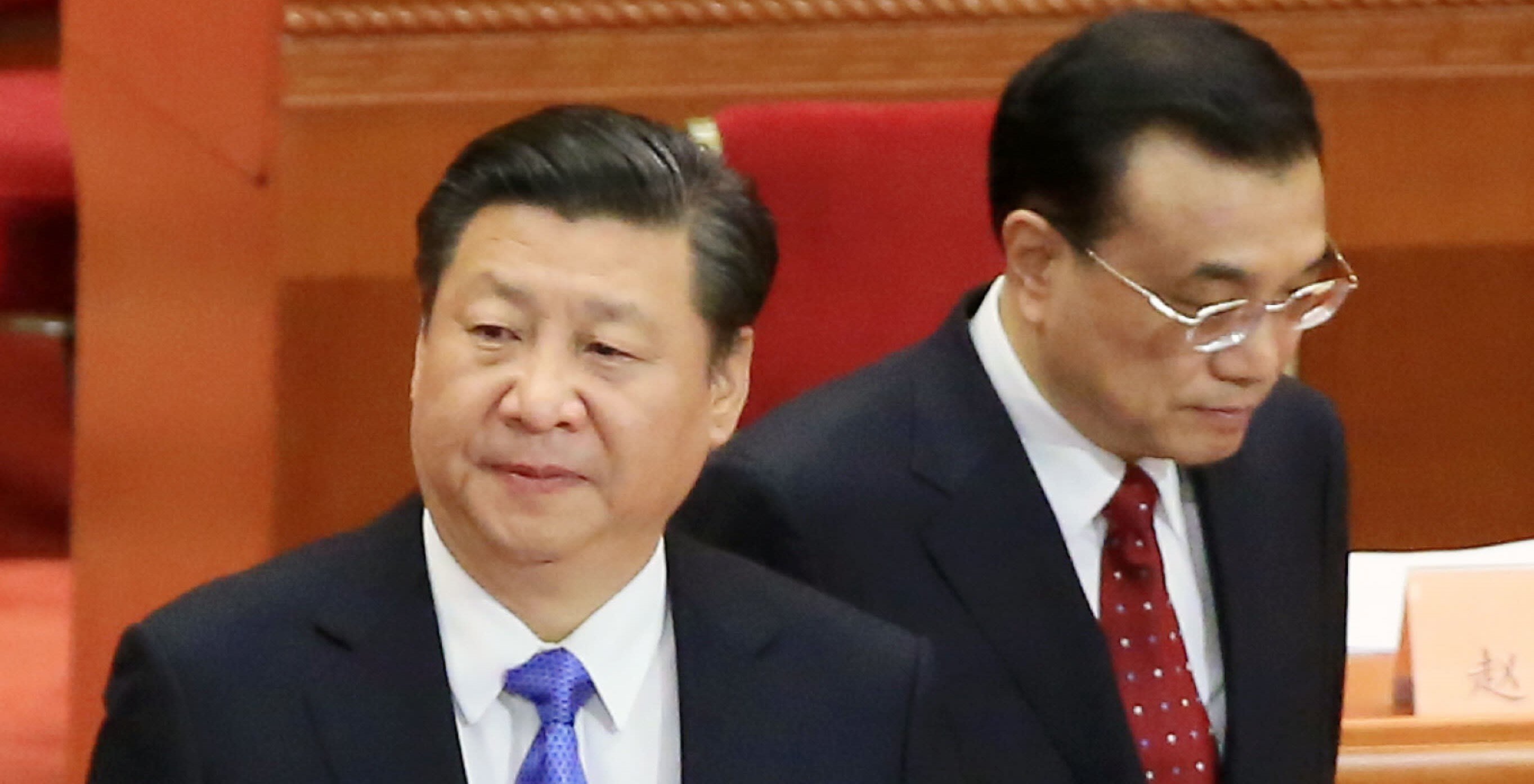

Feb
While we have frequently referred to Xi Jinping, the President of the People’s Republic of China and its de facto paramount leader, we need to understand that there are other key individuals who deserve our attention. Perhaps a textbook example to that effect is represented by Zhou Enlai, a character who has played a very important role in the Mao Zedong regime despite Mao’s ultra-dominant personality as well as leadership style.
While nobody can compete with the paramount leader in terms of influence, this doesn’t mean it is impossible to be meaningfully influential. Not at all. Think of Li Keqiang as the #2 player in China in terms of influence, the Premier of the State Council of the People’s Republic of China as of the 15th of Match 2013. As tends to be the case in China, he has a wide range of other roles and is also the #2 member of the Communist Party of China’s Politburo Standing Committee.
Even when it comes to worldwide influence, Li Keqiang can be considered a significant force, repeatedly ranked by Forbes in the vicinity of the top 10 most powerful people worldwide. Not quite a top 10 figure but not all that far away either.
His ascension to power was gradual and started back in his Communist Youth League days, a context which also contributed to him being perceived as an ally of former president Hu Jintao. For almost 20 years, he was the Governor of Henan as well as the party secretary of the province (from 1998 up until 2004). Later on, he was the Liaoning Party Secretary and ultimately became the Vice-Premier of Wen Jiabao (the Premier of China during the Hu Jintao days) and being mostly put in charge of aspects pertaining to the economic dimension: finance, economic development, macroeconomic policy, price controls and so on.
As mentioned previously, he came to the spotlight back in 2013, becoming the Premier under Xi Jinping and doing his best to contribute to China let’s say switching gears from an economy which revolves around staggering export growth to an economy where more of an emphasis is placed on internal consumption. As explained on more than one occasion here on ChinaFund.com, China essentially had no choice but to understand that its growth model could only be sustainable for so long, with it being imperative to place far greater importance on internal consumption, in line with let’s call them Western models.
It is worth pointing out that Li Keqiang was elected to serve for five years by 2,940 of the 3,000 decision-makers of the 12th National People’s Congress (the same Congress where Presiding Xi Jinping was elected) but right from the beginning, was expected to serve for two terms (something he ended up doing, with him receiving his second term but being stripped of certain duties), just like Wen Jiabao, the Premier during the Hu Jintao administration.
We need to understand that there has pretty much always been a certain degree of discontent with a growth model some citizens have perceived as being overly aggressive and not inclusive enough. In fact, Hu Jintao’s predecessor Jiang Zemin was criticized for just that, paying too much attention to China’s agenda surrounding growth at (almost) any cost, to the detriment of let’s say social equality.
Hu Jintao and later on Xi Jinping have, since, tackled precisely this issue and the same principle is valid when it comes to Li Keqiang. He made it clear that the idea that let’s say higher-ups politically speaking represent a privileged elite needs to be combated, advocating for downright frugality when it comes to government-related (excess) spending and emphasizing the fact that in his view, the economy needs to be reformed so as to ensure that inequality becomes a less pressing issue.
As can be seen, Li Keqiang political views align perfectly with China’s present-day agenda:
- Reducing inequality and ensuring that China’s economy grows in a manner that enables all stakeholders to partake in it effectively
- Reducing bureaucracy, a devastating barrier to business
- Reducing reckless government spending, spending which is not just wasteful but reinforces the idea that China’s political class chooses to live in a proverbial ivory tower, disconnected from the “mundane” problems of the average Chinese citizen
- Reducing China’s reliance on unsustainable export-driven growth and, instead, embracing internal consumption
- Reducing corruption, including corruption pertaining to “untouchable” high-ranking officials
… the list could go on and on.
Furthermore, as an economist, he has let’s say the academic credentials it takes to go after political change based on sound economic data as well as a sound interpretation of economic data. As such, a valid case could be made that Li Keqiang and Xi Jinping complement or at the very least attempt to complement one another.
It remains to be seen what the long-term effects of the policies implemented by Li Keqiang and Xi Jinping will end up being. China is undoubtedly experiencing growing pains, with it becoming abundantly clear that many models of the past need to be dramatically tweaked or even replaced altogether. Such a degree of change never comes without a unique set of challenges, especially in an international context where all eyes are on China.
This much is certain: the Xi Jinping / Li Keqiang team has chosen not to hide the need for change, nor do they seem eager to simply kick the can down the road until another administration comes along. At the end of the day, the ChinaFund.com team considers this the rational and frankly pretty much only logically consistent approach. Unprecedented times require bold measures and even if these measures inevitably carry a great degree of risk, China cannot afford to take steps back and ignore the acute policy paradigm re-definition that needs to take place.
